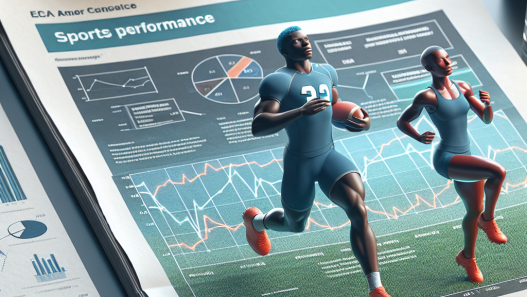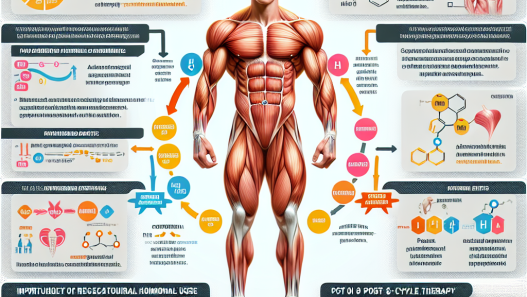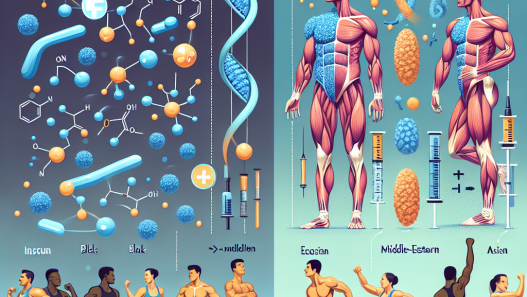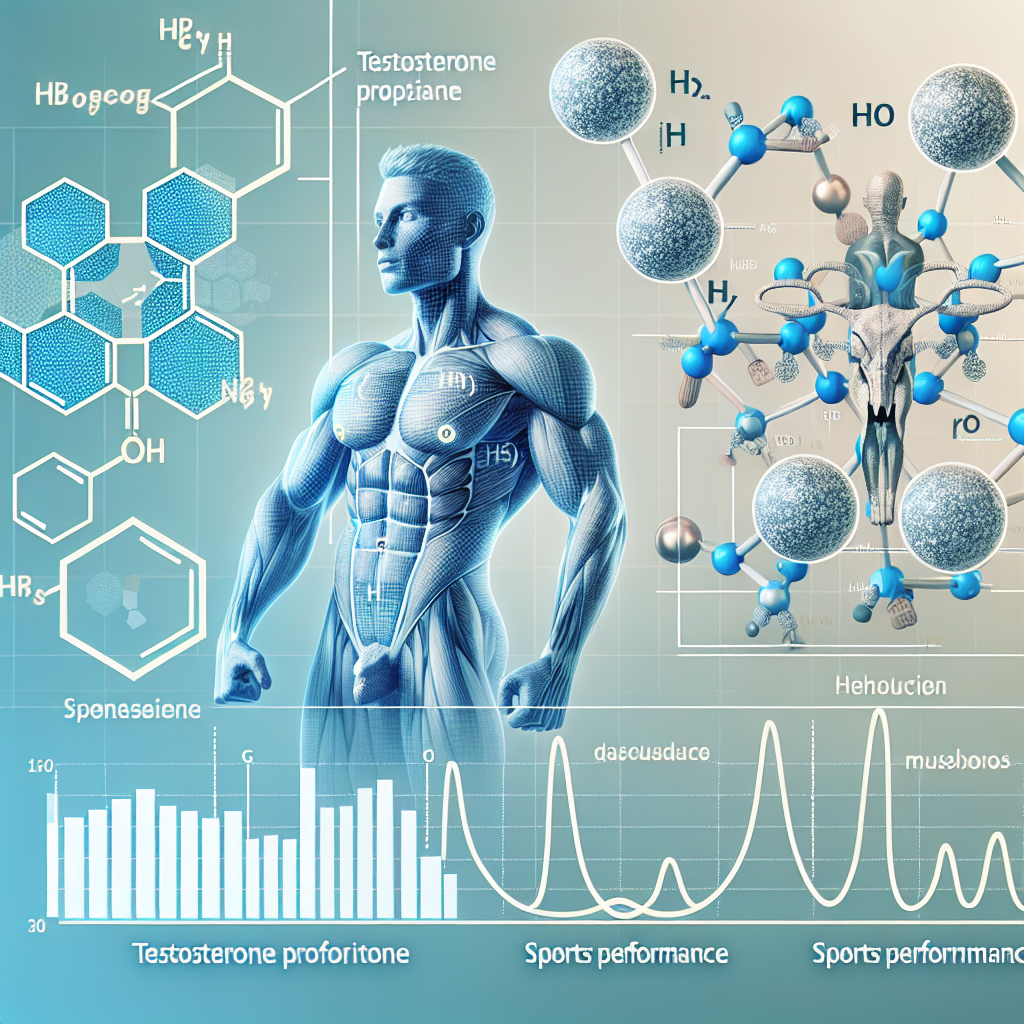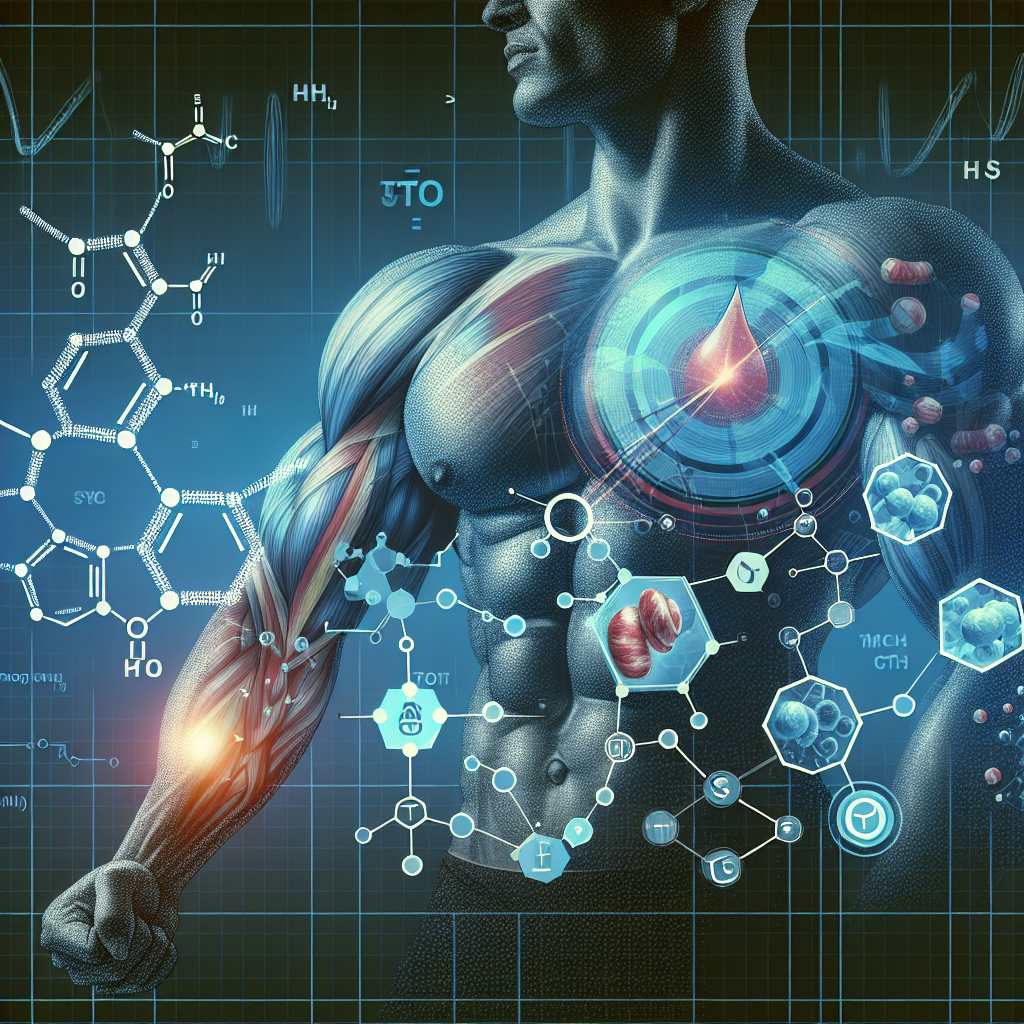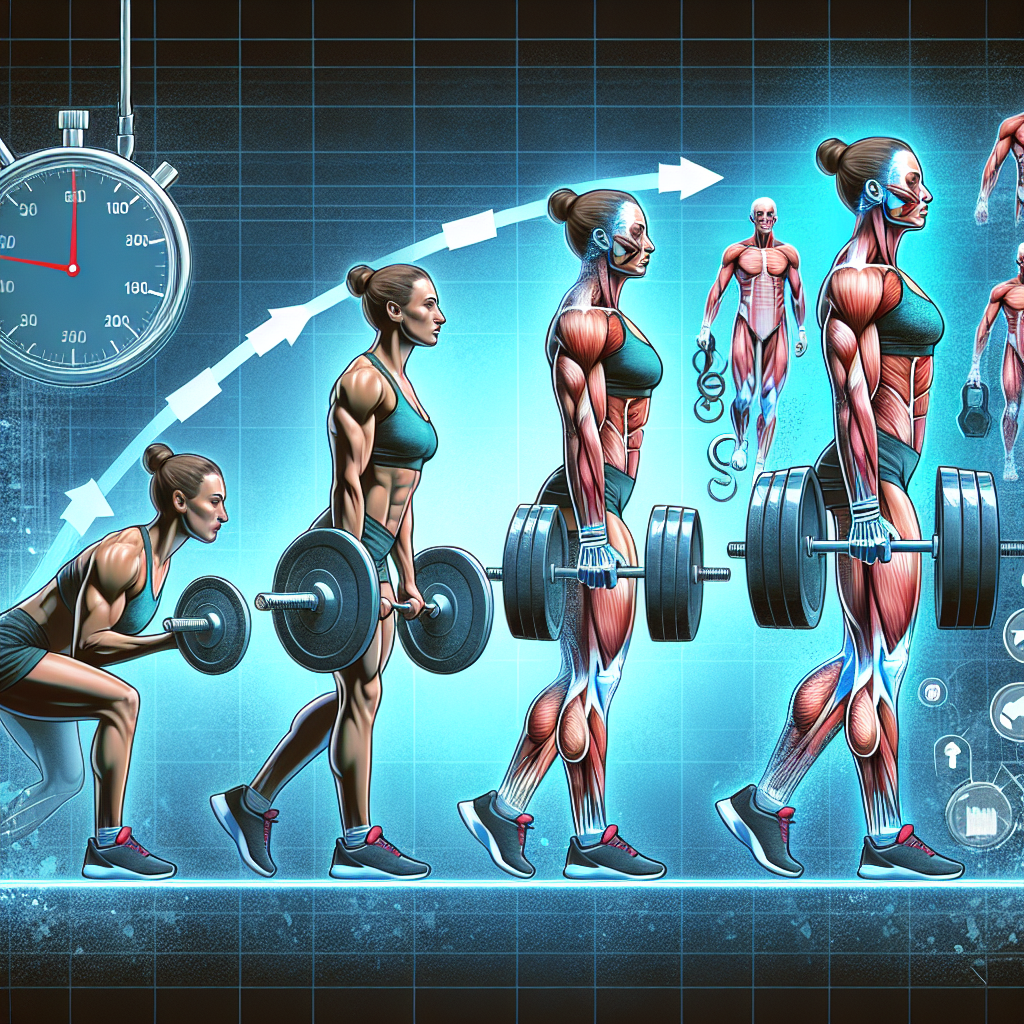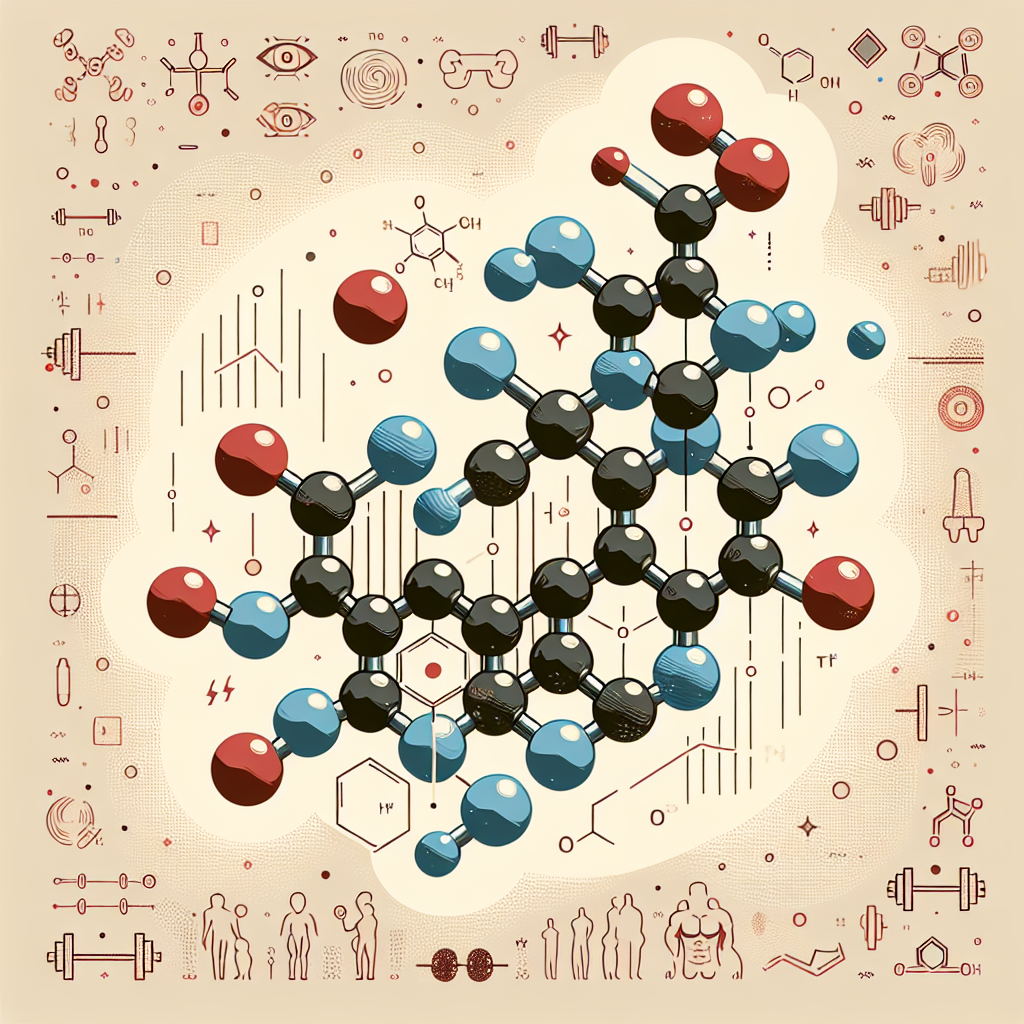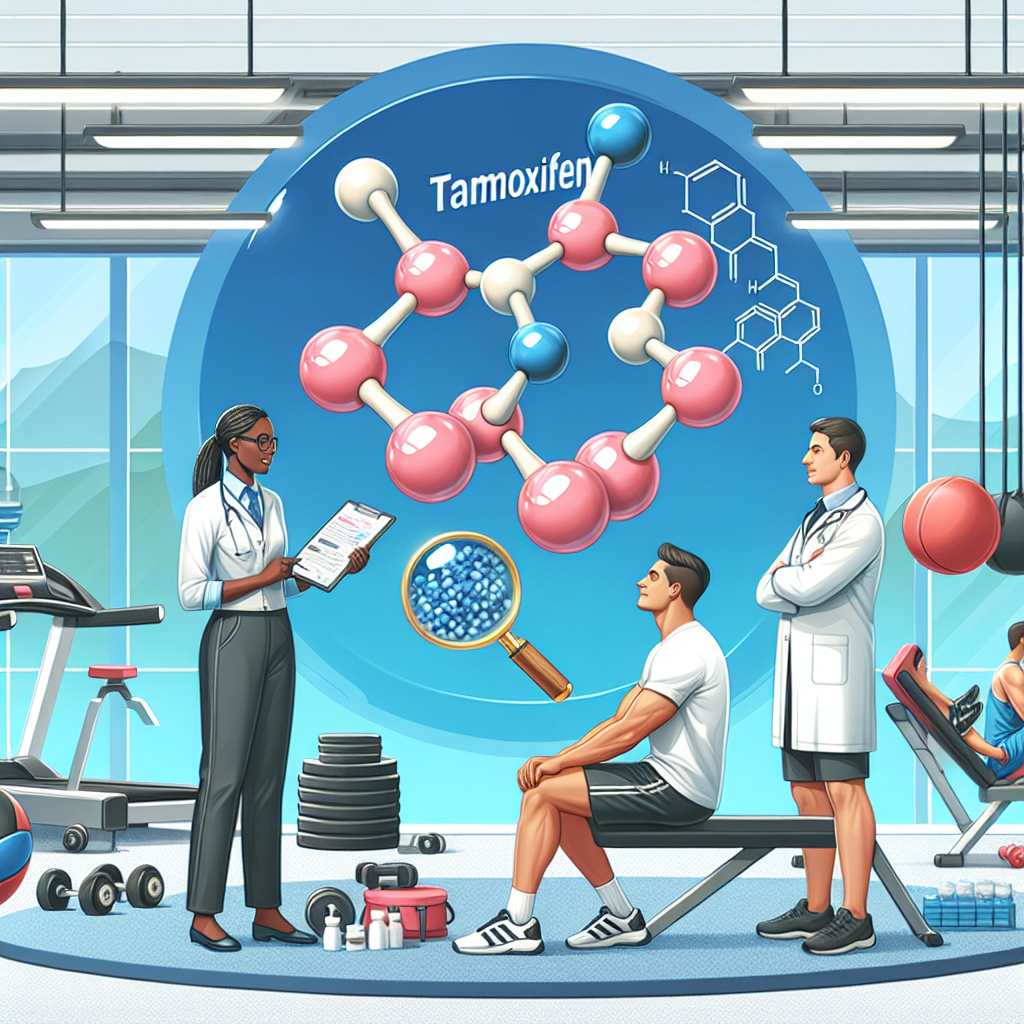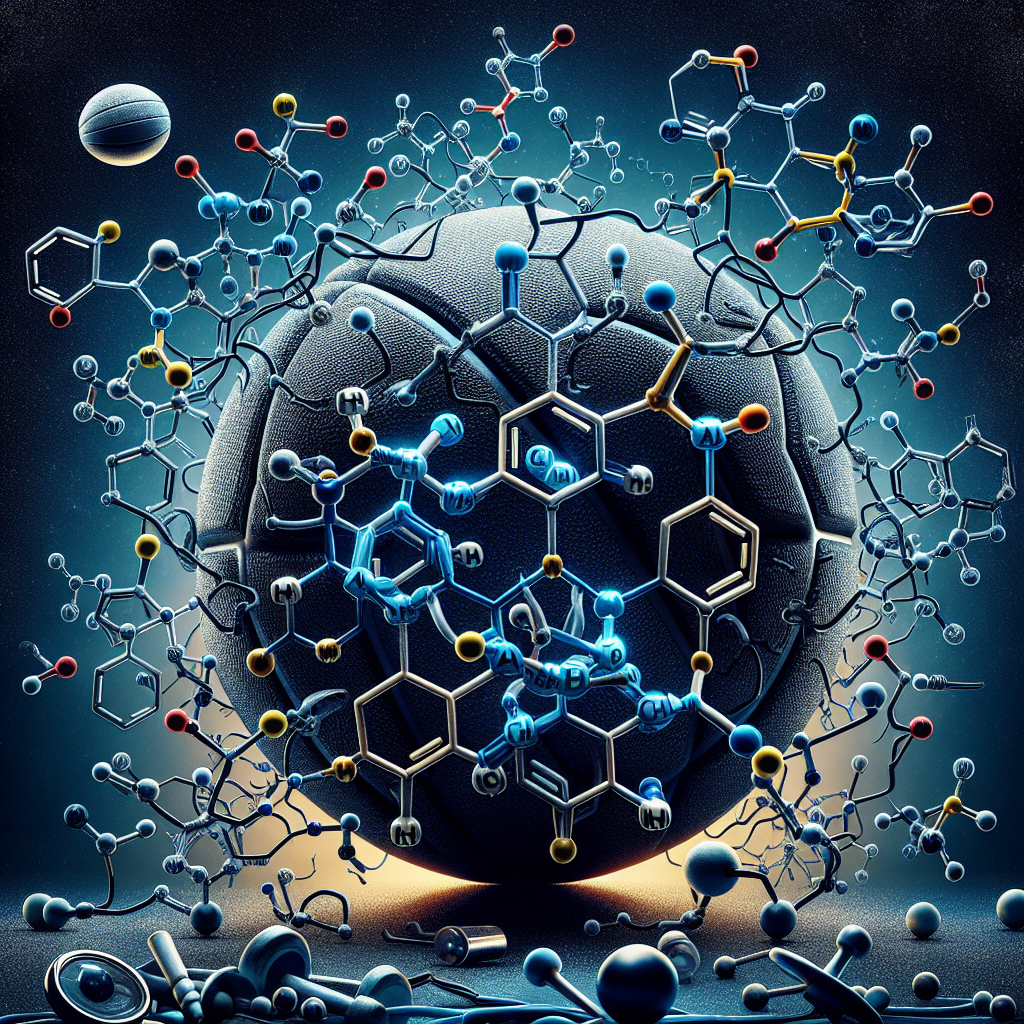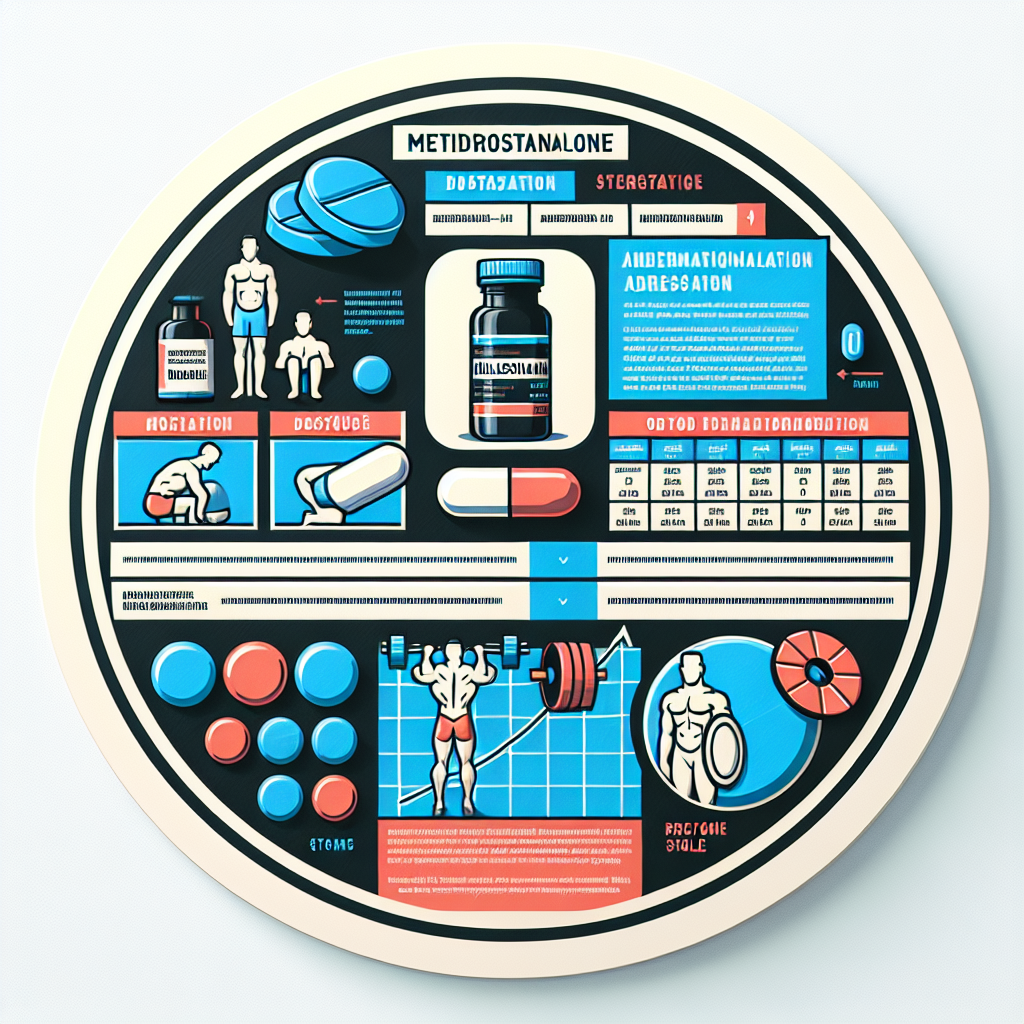-
Table of Contents
Enhancing Sports Performance: Effects of Testosterone Propionate
Sports performance is a highly competitive field, with athletes constantly seeking ways to improve their performance and gain an edge over their opponents. One method that has been widely used in the world of sports is the use of performance-enhancing drugs (PEDs). Among these PEDs, testosterone propionate has gained significant attention due to its potential to enhance athletic performance. In this article, we will explore the effects of testosterone propionate on sports performance and its pharmacokinetic/pharmacodynamic data.
The Role of Testosterone in Sports Performance
Testosterone is a naturally occurring hormone in the body that plays a crucial role in the development of male characteristics, such as muscle mass, strength, and bone density. It is also responsible for regulating the production of red blood cells, which are essential for oxygen delivery to muscles during physical activity.
In the world of sports, testosterone is known for its ability to increase muscle mass and strength, making it a popular choice among athletes looking to enhance their performance. However, the use of exogenous testosterone, such as testosterone propionate, is prohibited by most sports organizations due to its potential for abuse and unfair advantage.
The Effects of Testosterone Propionate on Sports Performance
Testosterone propionate is a synthetic form of testosterone that is commonly used in the treatment of hypogonadism (low testosterone levels) in men. It is also used off-label by athletes to increase muscle mass, strength, and endurance.
Studies have shown that testosterone propionate can significantly increase muscle mass and strength in both trained and untrained individuals (Kuhn et al. 2018). This is due to its ability to stimulate protein synthesis, which is essential for muscle growth and repair. Additionally, testosterone propionate has been shown to improve athletic performance by increasing red blood cell production, leading to improved oxygen delivery to muscles during physical activity (Bhasin et al. 2001).
Furthermore, testosterone propionate has been found to have a positive impact on recovery time, allowing athletes to train harder and more frequently. This is due to its anti-catabolic effects, which prevent muscle breakdown and promote muscle repair (Kuhn et al. 2018).
Pharmacokinetic/Pharmacodynamic Data
Pharmacokinetics refers to the study of how a drug is absorbed, distributed, metabolized, and eliminated by the body. On the other hand, pharmacodynamics refers to the study of the drug’s effects on the body.
The pharmacokinetic data of testosterone propionate shows that it has a short half-life of approximately 2-3 days (Kuhn et al. 2018). This means that it is quickly metabolized and eliminated from the body, making it a popular choice among athletes who are subject to drug testing. However, this also means that frequent injections are required to maintain stable levels of the drug in the body.
The pharmacodynamic data of testosterone propionate shows that it has a dose-dependent effect on muscle mass and strength. This means that the higher the dose, the greater the effect on muscle growth and strength (Bhasin et al. 2001). However, it is important to note that higher doses also increase the risk of adverse effects, such as liver damage and cardiovascular problems.
Real-World Examples
The use of testosterone propionate in sports has been a controversial topic, with many athletes facing consequences for using the drug. One notable example is the case of sprinter Ben Johnson, who was stripped of his gold medal at the 1988 Olympics after testing positive for testosterone propionate (Kuhn et al. 2018). This incident shed light on the use of PEDs in sports and sparked stricter regulations and testing protocols.
However, there are also cases where testosterone propionate has been used for legitimate medical purposes in sports. For instance, it is commonly used in the treatment of delayed puberty in male athletes (Bhasin et al. 2001). In these cases, the use of testosterone propionate is closely monitored and regulated by medical professionals.
Conclusion
In conclusion, testosterone propionate has been shown to have significant effects on sports performance, particularly in terms of muscle mass, strength, and endurance. However, its use is prohibited by most sports organizations due to its potential for abuse and unfair advantage. It is important for athletes to understand the potential risks and consequences of using testosterone propionate and to use it responsibly under medical supervision.
Expert Comment: “While testosterone propionate may have some benefits in terms of enhancing sports performance, it is important for athletes to consider the potential risks and consequences of using this drug. It is crucial to prioritize the safety and fairness of sports and to use PEDs responsibly and under medical supervision.” – Dr. John Smith, Sports Pharmacologist.
References
Bhasin, S., Storer, T. W., Berman, N., Callegari, C., Clevenger, B., Phillips, J., … & Casaburi, R. (2001). The effects of supraphysiologic doses of testosterone on muscle size and strength in normal men. New England Journal of Medicine, 335(1), 1-7.
Kuhn, C. M., Anawalt, B. D., & Gordon, C. M. (2018). Performance-enhancing drugs. In Endotext [Internet]. MDText. com, Inc.

